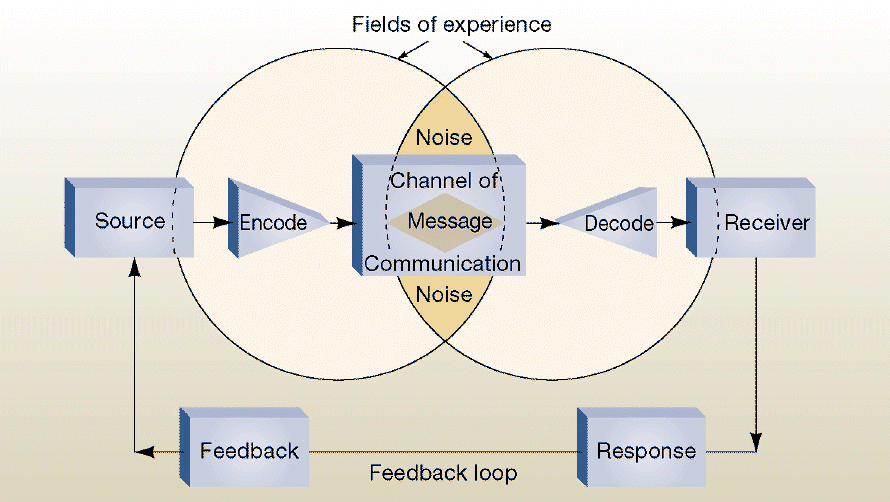Intrapersonal Communication is the most basic of the communication contexts or levels. It occurs when an individual sends and receives messages internally. We spend most of our time thinking. And our thought process is nothing but intrapersonal communication where one person is sending messages and the same person receives them. Here we use the central nervous system (CNS) and peripheral nervous system (PNS) for generation, transmission and receiving of messages. We react to both external and internal stimuli this way. In addition to our thought process, many times we also talk aloud with ourselves.
Intrapersonal communication involves our intellect as well as our physical and emotional sensations.… Read the rest



